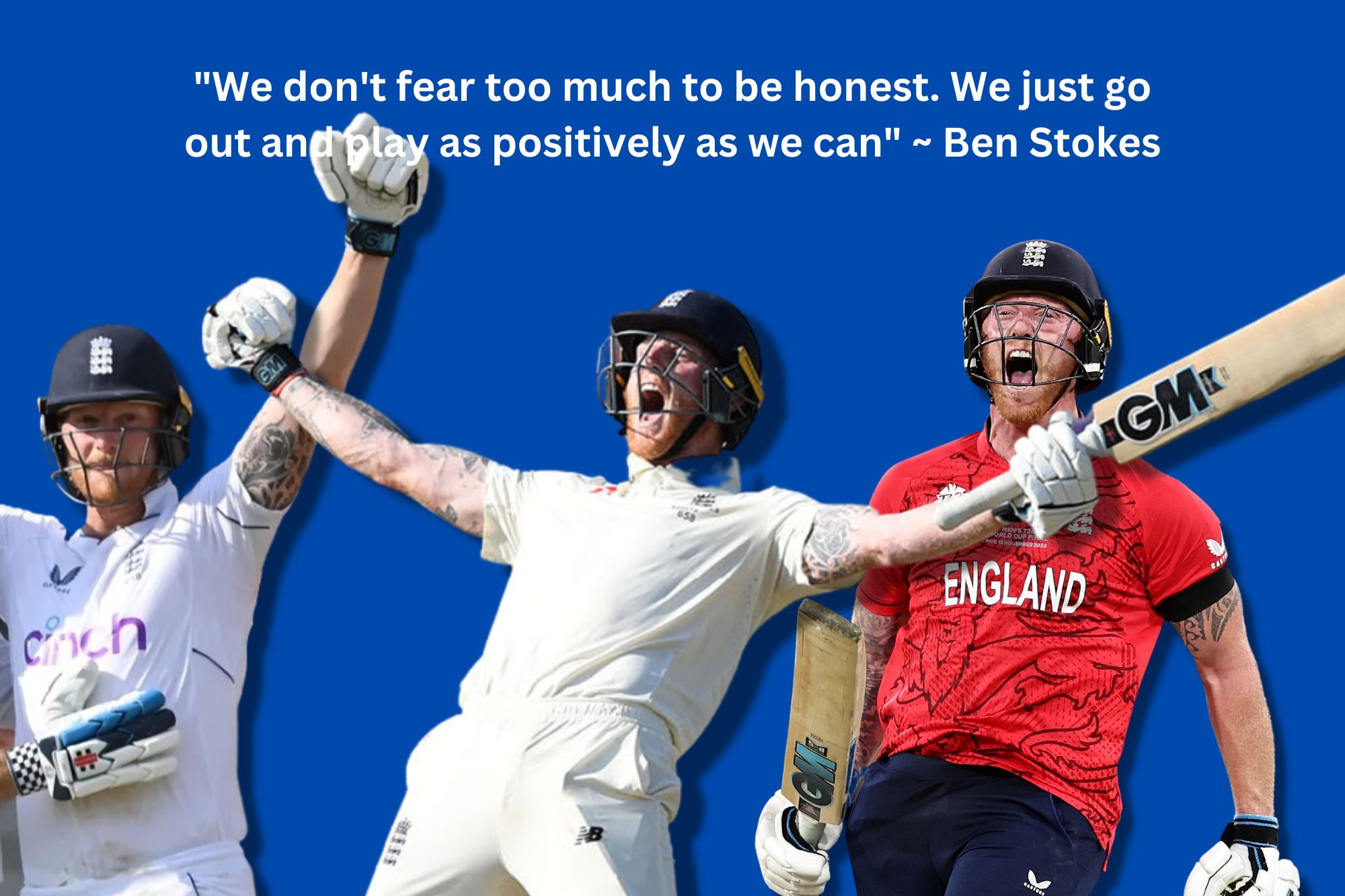A sign above my desk says ‘if you’ve never made a mistake, you’ve never made a decision‘, which I like not just because of the clever use of double negative, but more due to the dig it gives to those who cannot get off the fence or those who tend to over analyse or even lampoon others for mistakes made. Don’t be scared to make a decision, even it leads to worse outcomes, it urges. That does not mean you need to make decisions all over the place, willy nilly, irrespective of what happens. But it does urge you to do something, although ‘doing nothing’ can sometimes be the best decision.
Another saying goes that ‘the first sign of madness is doing the same thing and expecting a different result’, which speaks to those who cannot embrace or effect change. It’s easier to go with what you know, what is comfortable. Sometimes that is the right thing to do. However, often managers will carry on with a decision even if it’s clear it is going horribly wrong. Weak leaders cannot admit when things are going badly, blaming everyone and everything else instead (‘the market’ is a common scapegoat).
Confused? Possibly. Decision making is not pure science; it’s a mix of analytic skill, clear strategic thinking, timing, strength of character and gut feel. It’s not much different to decisions made in a sporting arena (‘which club to take here? should I go for the green or take the safer lay up option?’). Sensing when to ‘up the pace’ or when to ‘sit in and consolidate’ is important.
None of this gives an answer to the eternal question: how can I make the most effective decisions? If we define an ‘effective’ decision as one that leads to the desired goal, then firstly you need to be clear what your goal is. Growth is often a business goal. Survival might be the aim for others. Transforming the business may be the objective. Or fast growth and then a quick sale.
Once you have you goal, you can decide on the outcomes by which all decisions can be gauged. My advice is then to do various things at once: research (hard) and gather as much relevant information around the decision as you can. Talk it out, with yourself, and relevant team members. Engage and encourage thinking throughout (and outside) the organisation, but put a time limit on it. At some stage you need to reach a decision, one that you can look back on later and think ‘yes, I made the best decision I could in the circumstances’, no matter what. Don’t do it blindly, rashly, angrily. Do it sensibly, calmly and in determined fashion. Mix research, varied advice and feeling. If you can convince others of the wisdom of the decision, then you probably believe it yourself.
On major decisions, I tend to go through this process and ‘mill it around’ for a week or three. I often commit the arguments to paper, re-read the document, improving it through various iterations. But there then comes a time when the everything firms, the decision is made, and it’s commitment time. You’ll know when. Next stage is to communicate the whys and wherefores of the decision clearly to the organisation. Follow through, enact and execute your decision firmly. Be alive to any necessary tweaks as you go along, but lead strongly and take the team with you. If things don’t go well, learn what happened and why. Was the decision-making process flawed? What new information came to light that might explain what went wrong? If all goes to plan, or better, celebrate with your team and thanks those involved.
Whatever happens, don’t die wondering. I’ve made some biggies in my time, such as leaving the UK to work in Singapore, leaving there to come to Perth, to do an MBA, to then set up my own business, to then sell it, and then move on to my current position. Within each organisation there were also major decisions to be made, sink or swim decisions some of them; each time risks were assessed; each time results were captured and compared to original goals and ideas. Through this, the decision making process was refined.
I have met people that could (and could not) make decisions; some that could make dramatic decisions based on flimsy evidence, others that could not make a decision even when the options were fairly clear, others that could not make decisions unless 100+ page documents were prepared and a six to eighteen month process was engaged in. This latter group is interesting as they believe if everyone is included then they cannot be blamed (as you all agreed right?). Trouble is, nothing is really done, and the process is so agonisingly drawn out the world moves on beyond the original issue. People lose the will to live. I have seen inertia and apathy, crazy risk taking and bold brilliance. I don’t think the answer lies in any of these paths, but more in a calm, timely mix of deep thought, relevant evidence and engaged reasoning.
Best of luck to you!




